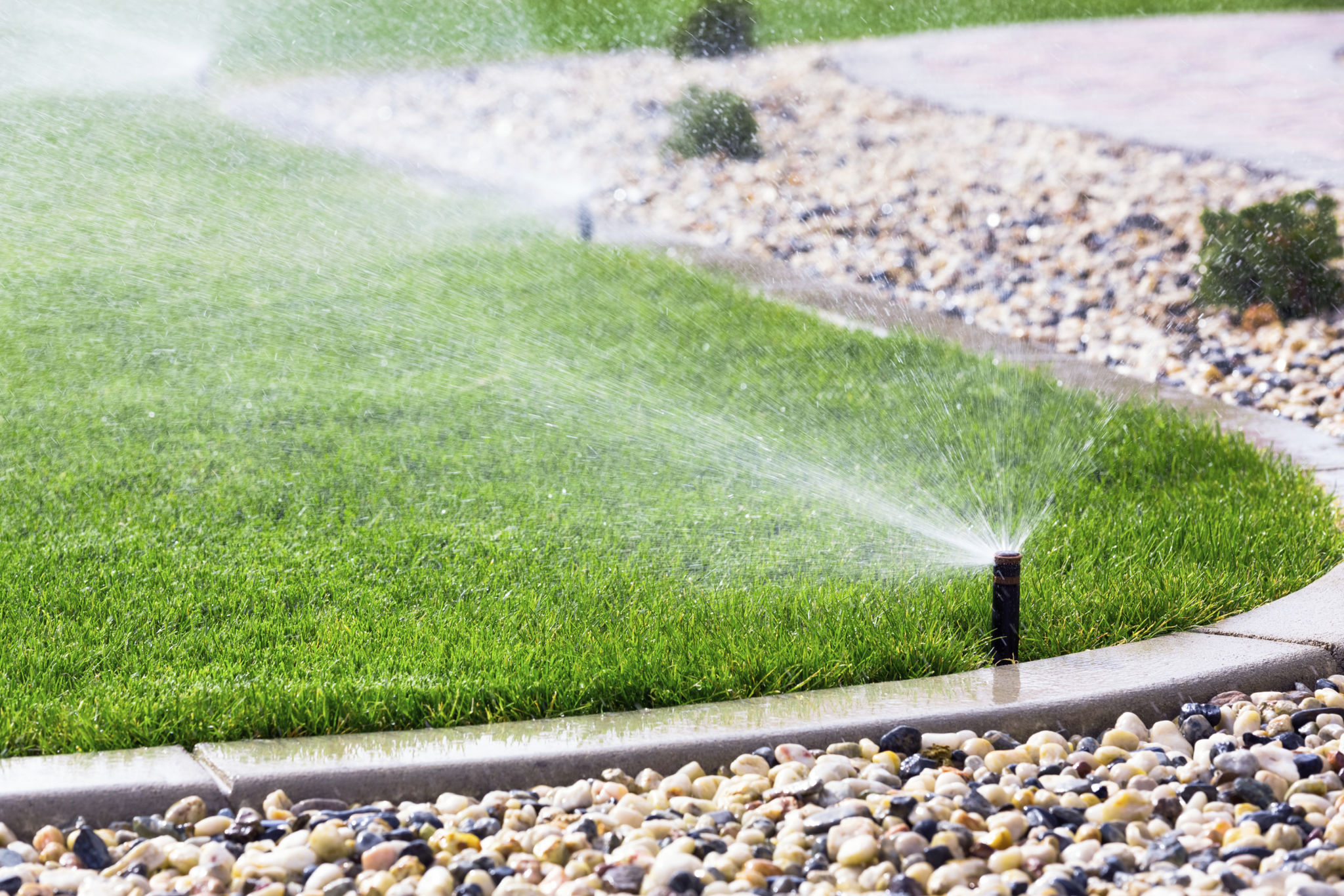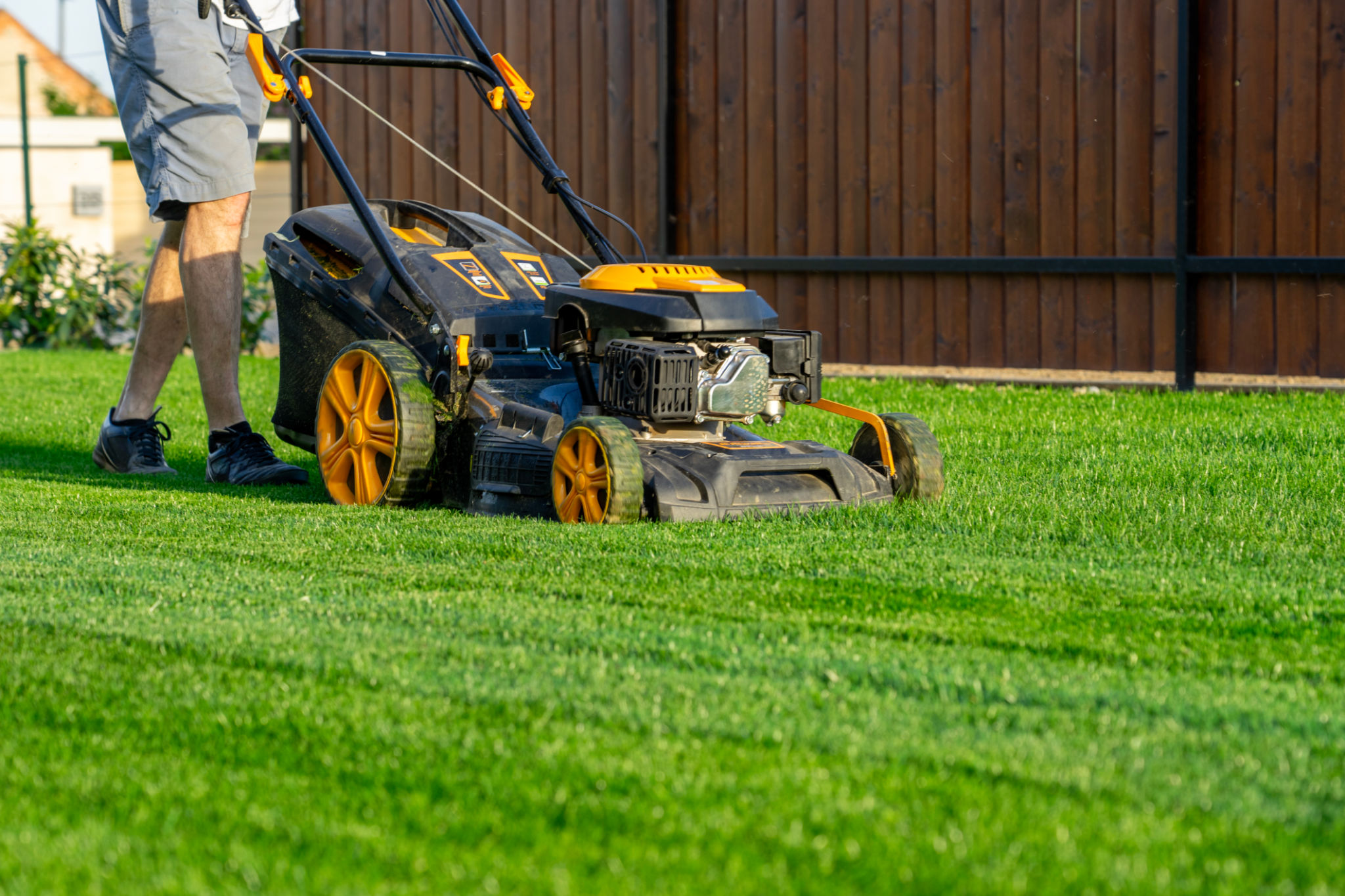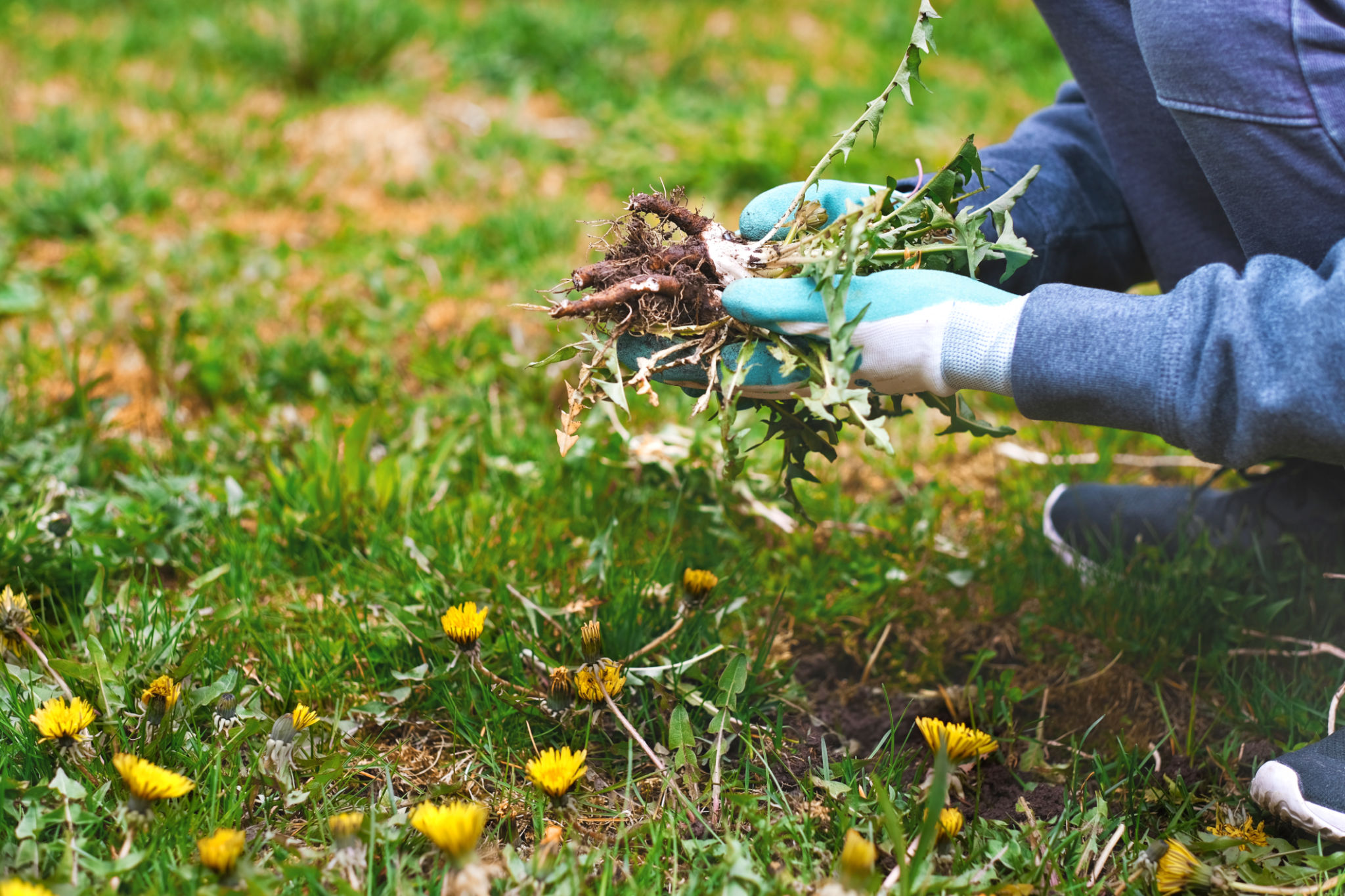Common Myths About Lawn Care: What Every Nassau County Homeowner Should Know
Myth 1: Watering Your Lawn Every Day Is Essential
One of the most common misconceptions about lawn care is the belief that daily watering is necessary to maintain a lush, green lawn. In reality, overwatering can lead to a host of problems, including root rot and fungal diseases. Instead, it's more beneficial to water deeply but less frequently. Aim for about one inch of water per week, including rainfall. This encourages deeper root growth and a more drought-resistant lawn.

Understanding the Right Time to Water
Watering your lawn in the early morning is ideal, as it allows the grass to absorb moisture before the sun's heat increases evaporation. Watering in the evening can leave your lawn too wet overnight, promoting disease. By adjusting your watering schedule, you can ensure your lawn remains healthy and vibrant.
Myth 2: Cutting Grass Short Reduces Mowing Frequency
Many homeowners believe that cutting their grass very short will reduce the need for frequent mowing. However, this practice can harm your lawn more than help. Cutting grass too short, known as scalping, can stress the grass, making it more susceptible to weeds, disease, and drought. It's best to follow the one-third rule: never remove more than one-third of the grass blade length at a time.

Optimal Grass Height for Different Grasses
The optimal height varies depending on the type of grass you have. Cool-season grasses like Kentucky bluegrass should be kept around 2.5 to 3 inches, while warm-season grasses like Bermuda can be maintained at 1 to 2 inches. Keeping your lawn at an appropriate height helps maintain its health and appearance.
Myth 3: Fertilizer Is Only Needed in Spring
While spring is a critical time for fertilization as grass emerges from winter dormancy, many homeowners overlook the benefits of fall fertilization. Applying fertilizer in the fall helps grassroots grow strong and deep, providing a robust foundation for the next growing season.
Choosing the Right Fertilizer
Selecting the right fertilizer is crucial for effective lawn care. Look for a balanced mix of nitrogen, phosphorus, and potassium (N-P-K) suited to your specific grass type and soil conditions. This ensures your lawn receives the necessary nutrients for year-round health.

Myth 4: Weeds Are a Sign of Poor Lawn Care
Weeds can invade even the most carefully maintained lawns. They often indicate compacted soil or insufficient nutrients rather than poor maintenance. Regular aeration and proper fertilization can help prevent weed growth by promoting a thick, healthy lawn that naturally crowds out weeds.
A Comprehensive Approach to Weed Control
Effective weed control involves a combination of practices. Beyond aeration and fertilization, consider overseeding with grass varieties suited to your climate and soil type. This encourages a dense turf that resists weed invasion. Additionally, spot-treating weeds with targeted herbicides can help keep them in check without harming your entire lawn.
